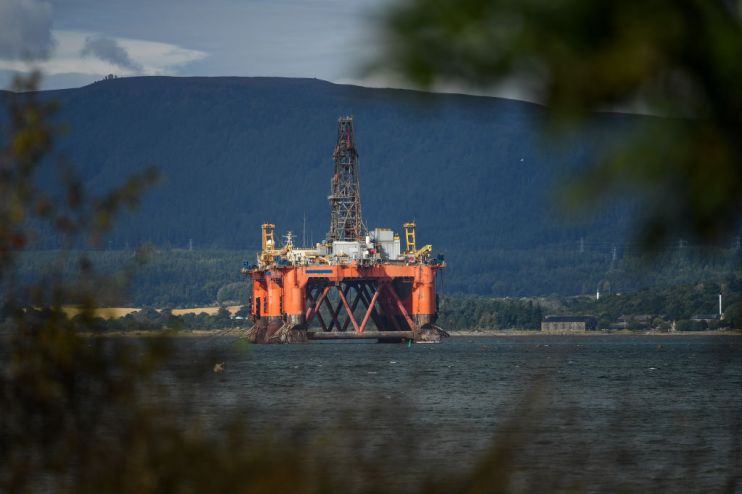Rosebank: UK’s biggest oil and gas field faces fresh delay amid regulator concerns over net zero goals

Rosebank, the UK’s largest undeveloped oil and gas field, is highly unlikely to be approved in time for parliamentary recess, amid growing concerns from regulators over electrification and net zero compatibility across the industry.
City A.M. understands the site, which has to be green-lit by the Offshore Petroleum Regulator for Environment and Decommissioning (OPRED) and the North Sea Transition Authority (NSTA), is now not expected to be sanctioned until August at the earliest.
This will be a setback for both its stakeholders, Equinor and Ithaca, following industry expectations it would be sanctioned before 20th July when MPs break for the summer recess, as first reported by City A.M.
When completed, Rosebank is expected to produce up to 500m barrels of oil and gas equivalent over its operating lifetime – which could begin as soon as 2027.
This has made the project the subject of intense controversy, with climate groups and energy transition advocates calling for the project to be rejected amid fears it would jeopardise the country’s climate ambitions.
City A.M. has learned that the NSTA has written directly to oil and gas companies operating in the North Sea, warning them of the importance of electrification for new offshore platforms across future projects.
Regulators are determined for new developments, including oil and gas fields, to have a clear pathway for the green energy transition – as the UK races to reach net zero over the next three decades and decarbonise its electricity grid by 2035.
Equinor, which has an 80 per cent stake in the project, is considering proposals to power Rosebank from the Shetland Isles – 130km from the North Sea field.
When approached for comment, Equinor denied any concerns being raised by regulators over electrification and, while they would not be drawn on a timeline, they confirmed the project is still developing in line with their expectations.
A spokesperson said: “We’ve had a great dialogue with the regulators and there’s absolutely no foundation for such speculations. In our engagement with the regulator, we have not received any concerns related to electrification and we continue to mature the Rosebank project according to plan.”
The government told City A.M. there was no organised timeline for the project, and that it remained in the hands of the regulators.
A spokesperson said: “As part of that regulatory process, the environmental impact of proposed offshore oil and gas developments is subject to rigorous regulatory assessment by OPRED, including a full environmental impact assessment and consultation with government nature protection bodies and the public. The NSTA is responsible for the final decision of whether or not to approve a field development proposal.”
Nevertheless, if the project is not approved, this would be a blow to the government, which has listed oil and gas exploration as a key factor in its energy security strategy as it aims to reduce the country’s reliance overseas supplies to meet its energy needs.
Chancellor Jeremy Hunt recently brought in a price floor for the windfall tax in a bid to appease the industry over the levy, while energy security secretary Grant Shapps was not expected to intervene in Rosebank’s approval process.
The NSTA and Ithaca both declined to comment.